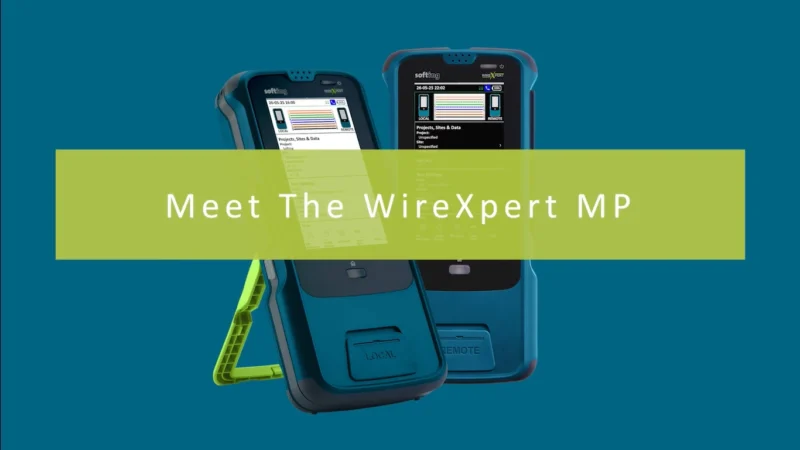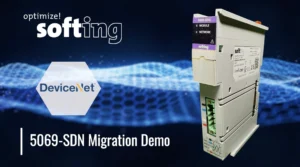Is a Single Connectivity Platform the Right Call for IoT in Healthcare? Experts Weigh In.
The integration of the IoT in healthcare is revolutionizing the way we perceive patient care, offering an unprecedented level of data accessibility and fluidity between patients and their providers. In fact, new studies show that this Industry 4.0 evolution is being eagerly adopted by healthcare IT and OT decision makers to great results
Eseye’s second annual survey of 500 senior healthcare IoT decision-makers in the UK and US revealed that 80% of respondents anticipate a significant increase in IoT devices in healthcare and medical fields over the next 18 months. Meanwhile, nearly half of respondents see the adoption of IoT as a means to enhance profit and reduce costs, despite the perception that the technology is still in its early stages of integration. Looking ahead, a whopping 97% of decision-makers plan to increase their IoT budgets over the next two years, affirming the growing importance of IoT in the healthcare and medical devices industry.
While this positive perception of IoT in healthcare is an encouraging signal that Industry 4.0’s healthcare benefits have a high ceiling, Eseye’s survey brought an interesting wrinkle to light: 37% of IoT decision-makers say that they need a single IoT connectivity platform for all of their devices. How accurate is that strategy for success for IoT in healthcare? Joel Polanco, Industry Engagement Manager at Intel, breaks down his most important takeaways from the survey and gives his take on single-platform IoT strategies.
Joel’s Thoughts
“After reading this report on IoT, I had a few takeaways, and I loved how the report was structured and some of the information that we got out of it is very helpful to me and my industry group. One of the things that I saw that was prominently pointed out was 80% of folks that were surveyed are prioritizing IoT efforts, and I think this is amazing because this enables the free flow of data between a patient and their provider. You know, if you think about healthcare over the years, a lot of times data is just captured on the patient when they go in for care, and usually that data ends up showing that there’s an issue, and so you’re really dealing with things after the fact.
You know, I think in the future, if we’re taking more diagnostic information over time on a patient, you know, and doing holistic care, you’re going to catch things a lot easier. You’re going to catch them a lot sooner, and you’re going to deal with them before they become a real problem, and I think IoT, enabling IoT in healthcare is going to be a huge driver of driving down costs of healthcare in the United States.
One of the things that I saw that got pointed out was a lot of folks felt like the key to success was that we needed, there was some sense of, we needed a single platform for IoT connectivity. So, this is probably coming from the healthcare side. These are the folks that are trying to implement these systems, are saying, hey, we’d like to have one single platform of IoT that we can implement our products on or services, and 37% of those surveyed feel like a single platform, regardless of supplier, would make IoT initiatives more successful.
And here’s my hot take. I think that’s absolutely not the way to go. I think open ecosystems have more flexibility, more flexibility to change, allowing for a greater variety of services or apps compared to closed ecosystems. If you go with a single platform, regardless of supplier, you’re opening up a problem, potential problem for a monopoly to form, and there’ll be very little innovation. I think you want to push for open and secure ecosystems, and that will always benefit the consumer.”
Article written by Daniel Litwin.








